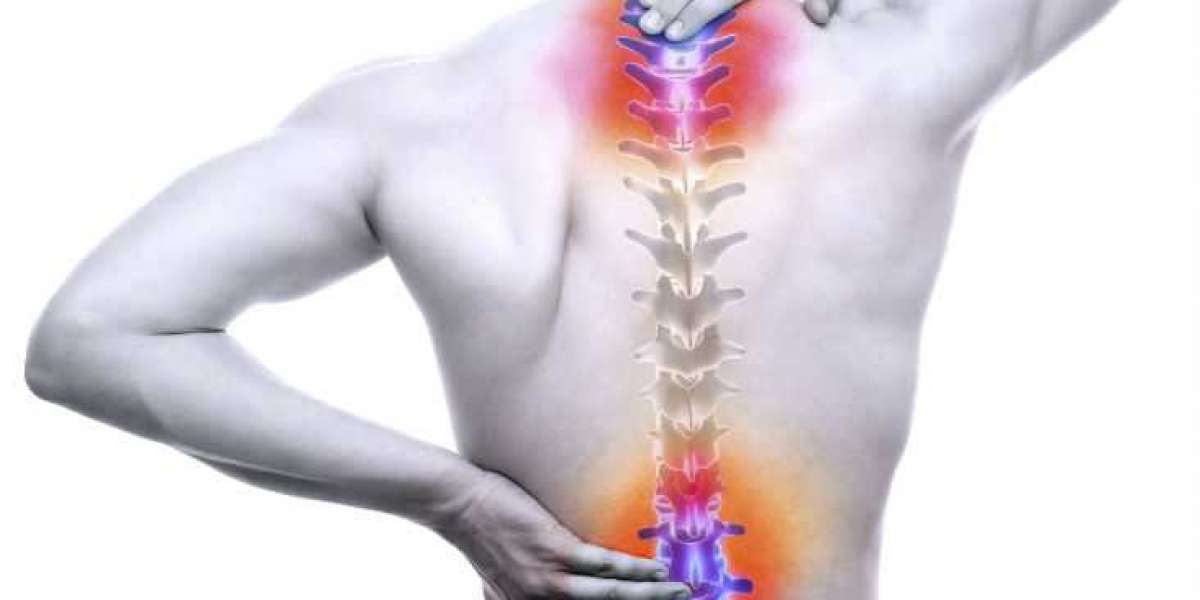Introduction
What is Severe Pain?
Severe pain is a distressing and debilitating sensation that significantly affects a person's quality of life. It can be described as an intense, sharp, or throbbing discomfort that surpasses mild or moderate levels of pain. Severe pain can arise from various medical conditions, injuries, or surgical procedures, and it often requires immediate attention and effective management to alleviate the suffering.
Causes of Severe Pain
Medical Conditions
Severe pain can be associated with a wide range of medical conditions. Chronic conditions such as arthritis, fibromyalgia, migraines, and neuropathy can cause persistent and intense pain. Acute conditions like kidney stones, fractures, or surgical procedures can also result in severe pain that requires immediate treatment.
Injuries
Injuries, such as bone fractures, deep cuts, burns, or sprains, can cause severe pain. These injuries may result from accidents, sports activities, or other traumatic events. Prompt medical attention and appropriate pain management strategies are crucial for alleviating the pain and promoting the healing process.
Managing Severe Pain
Medications
Medications are often used to manage severe pain. Nonsteroidal anti-inflammatory drugs (NSAIDs) like ibuprofen can help reduce inflammation and alleviate pain. Stronger pain medications, including opioids, may be prescribed for severe pain that does not respond to other treatments. However, it is essential to use these medications under the guidance of a healthcare professional due to their potential side effects and addictive nature.
Physical Therapy
Physical therapy can play a vital role in managing severe pain. Techniques such as massage, heat or cold therapy, and exercises can help reduce pain, improve mobility, and strengthen the affected area. A physical therapist can customize a treatment plan based on the specific needs and goals of the individual.
Alternative Approaches
Acupuncture
Acupuncture is an ancient Chinese practice that involves inserting thin needles into specific points on the body. It is believed to stimulate the flow of energy and promote natural pain relief. Many people find acupuncture helpful in managing severe pain, including chronic conditions like back pain or migraines.
Mind-Body Techniques
Mind-body techniques, such as meditation, deep breathing exercises, and guided imagery, can help individuals cope with severe pain. These techniques promote relaxation, reduce stress, and enhance overall well-being. Integrating these practices into daily life can provide relief and improve the ability to manage pain effectively.
Conclusion
Severe pain can significantly impact one's physical and emotional well-being. Understanding the causes and available management options is crucial for individuals experiencing severe pain. Whether through medications, physical therapy, or alternative approaches, seeking professional guidance and exploring different strategies can help alleviate pain and improve overall quality of life.








